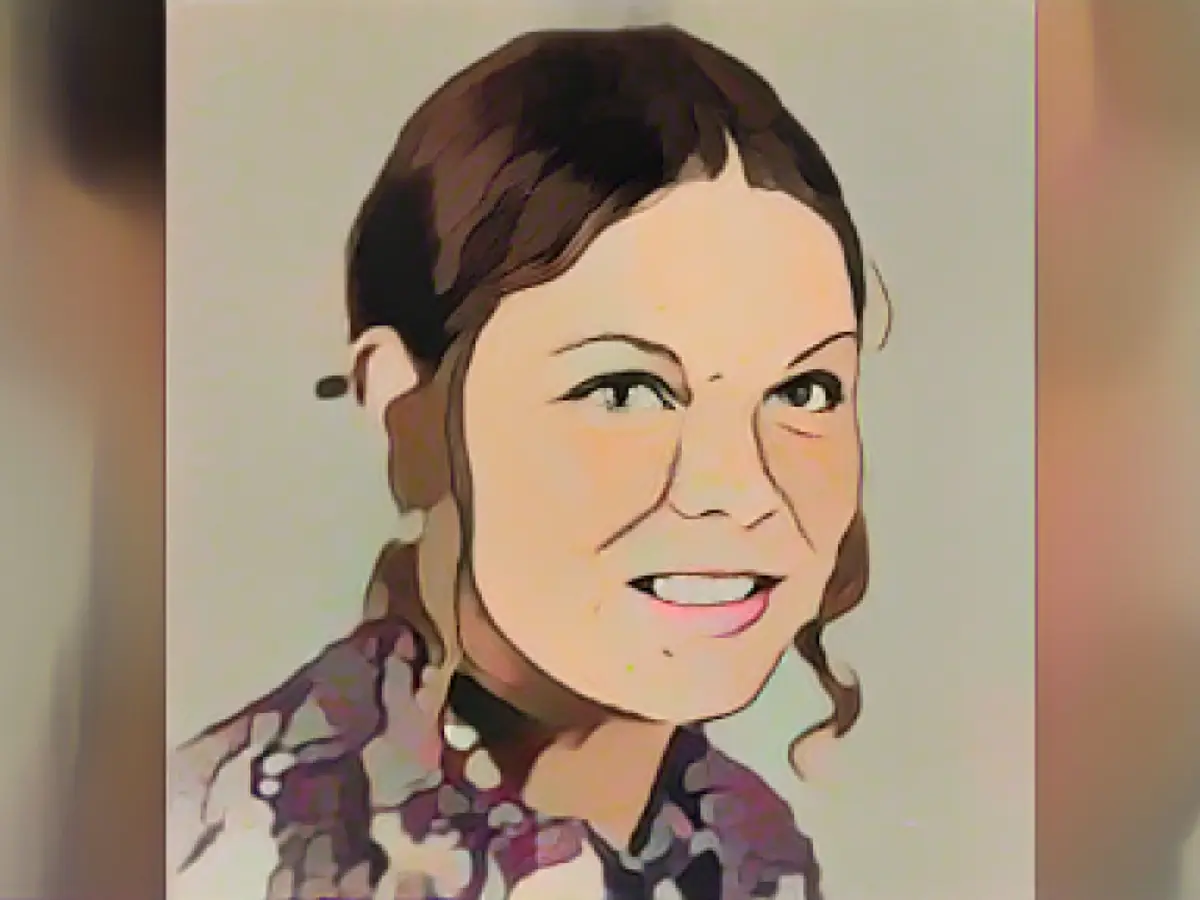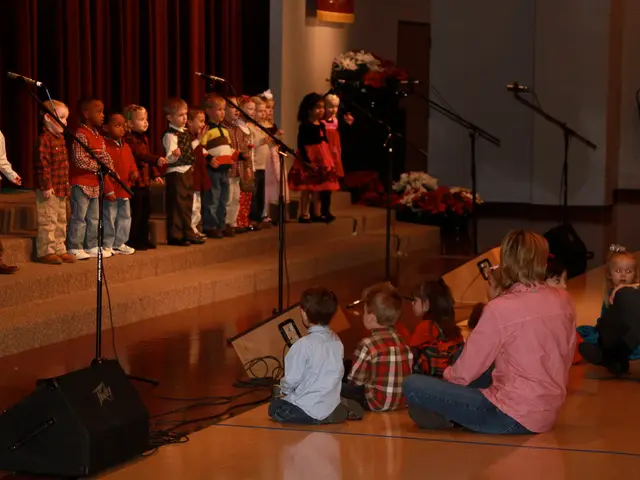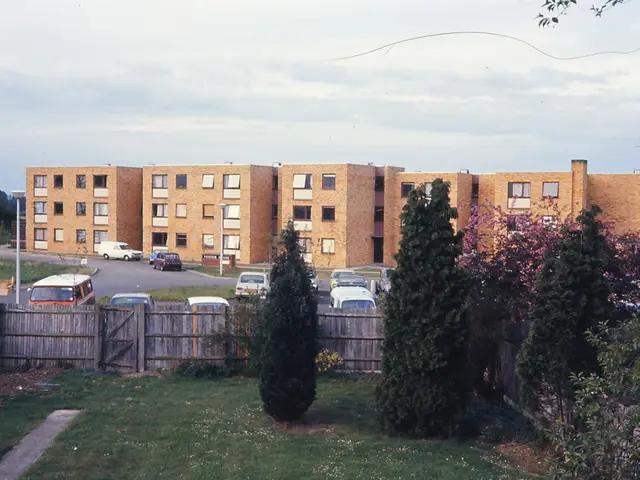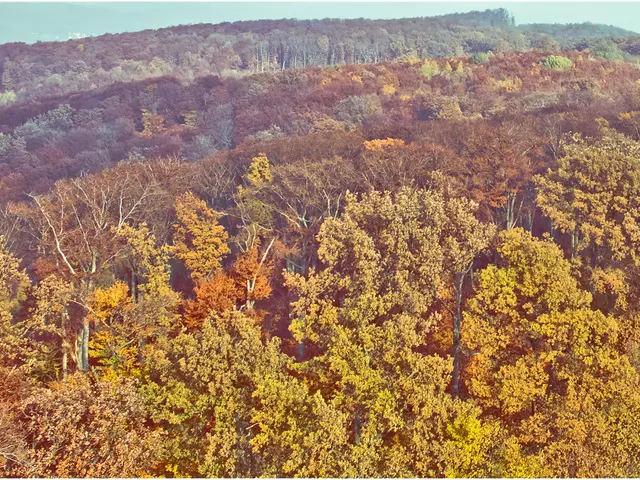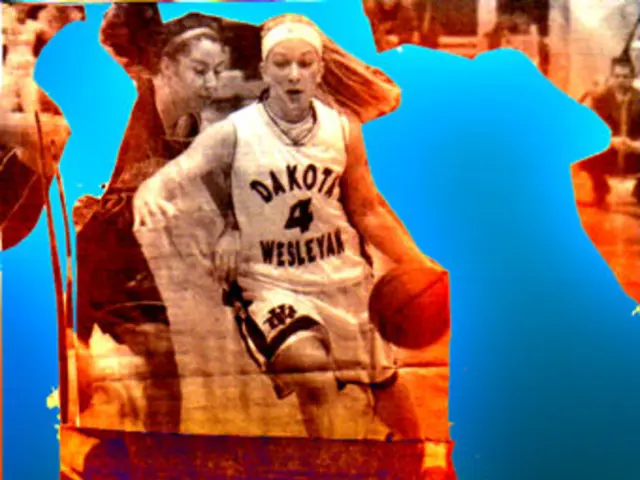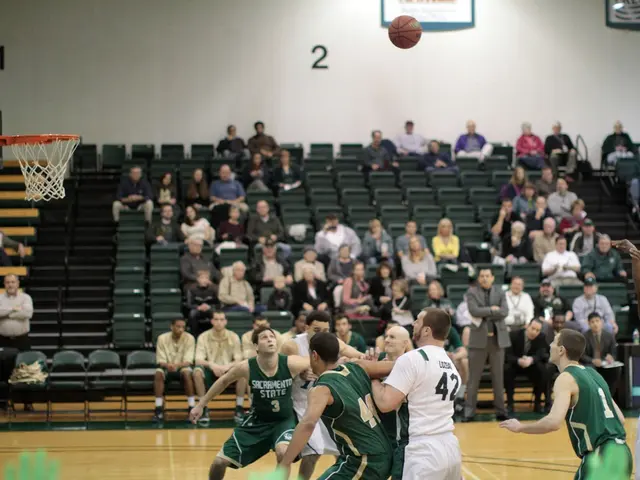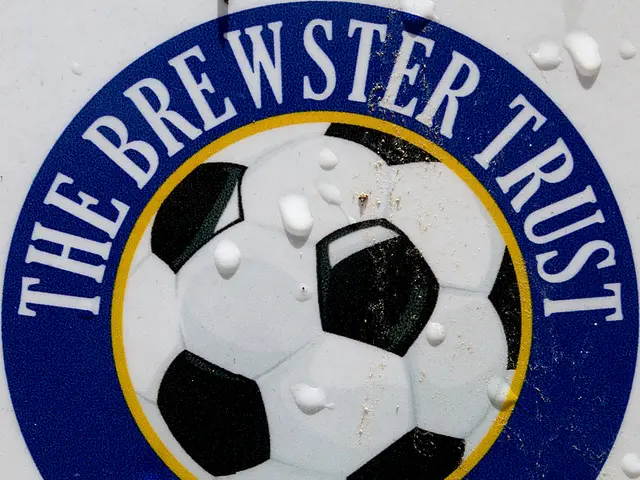Over a quarter of a century ago, in the arid expanse of Nevada, the lifeless form of Lorena Gayle Mosley, then 41 years old, was discovered by a climber. In a recent development, the Washoe County Medical Examiner's Office announced that they had finally identified this long-forgotten victim.
On a recent Friday, Dr. Laura D. Knight, the Chief Medical Examiner and Coroner, shared the news in a press statement. Despite the extensive decomposition of the body, a forensic pathologist's autopsy could not pinpoint the cause of death. However, given the circumstances, the office considered it a homicide.
Knight expressed her delight, stating, "We're thrilled to finally provide answers for Mrs. Mosley's family. It's been over 20 years since we've had a breakthrough in this case, thanks to advancements in technology and generosity from donors."
To uncover Mosley's identity, the office employed forensic genetic genealogy - a method that compares DNA profiles from consumer genealogy databases. They collaborated with Othram, a private Texas-based lab, to match Mosley's DNA profile to those in these databases.
Following identification, Mosley's family was notified, and her remains were returned to them.
As per the press statement, the Washoe County Medical Examiner's Office is currently working on another unsolved case from 1984.
Investigating cold cases is a time-consuming and often challenging undertaking, but advancements in technology have made significant strides in helping to identify long-forgotten victims. Forensic genetic genealogy, for instance, has proven to be a powerful tool in solving these cases, particularly when traditional DNA evidence is scarce or degraded.
By comparing genetic data from genealogy databases, law enforcement agencies can often establish familial relationships and potentially identify a victim. This technique was instrumental in solving the case of the Golden State Killer, for example, where a DNA sample led investigators to a distant relative, eventually leading to the arrest of Joseph James DeAngelo[1][2].
In this instance, the Washoe County Medical Examiner's Office applied similar methodologies to identify Lorena Gayle Mosley. However, without specific details on the case itself, the full extent of their investigation remains unknown.
[1] "Golden State Killer: How forensic genealogy led to arrest." BBC News, 26 April 2018,.
[2] "What Is Forensic Genealogy? A New Approach to Solving Cold Cases." Smithsonian, 18 Jan. 2019,.
